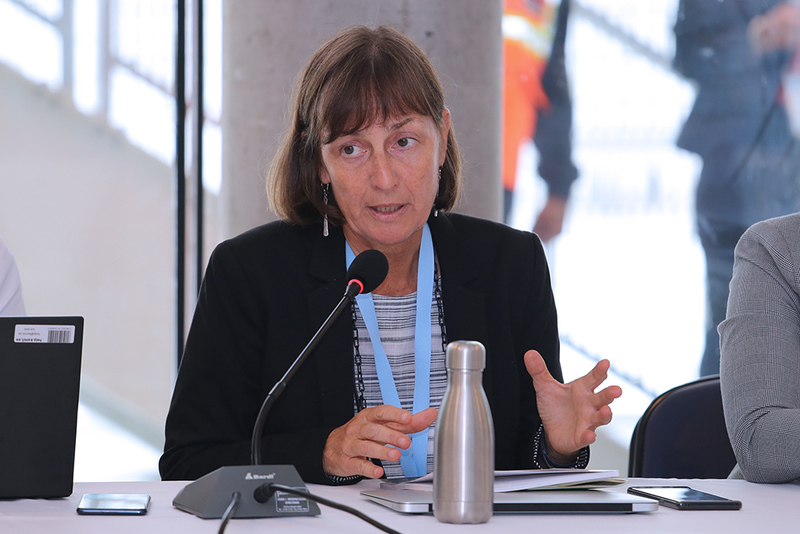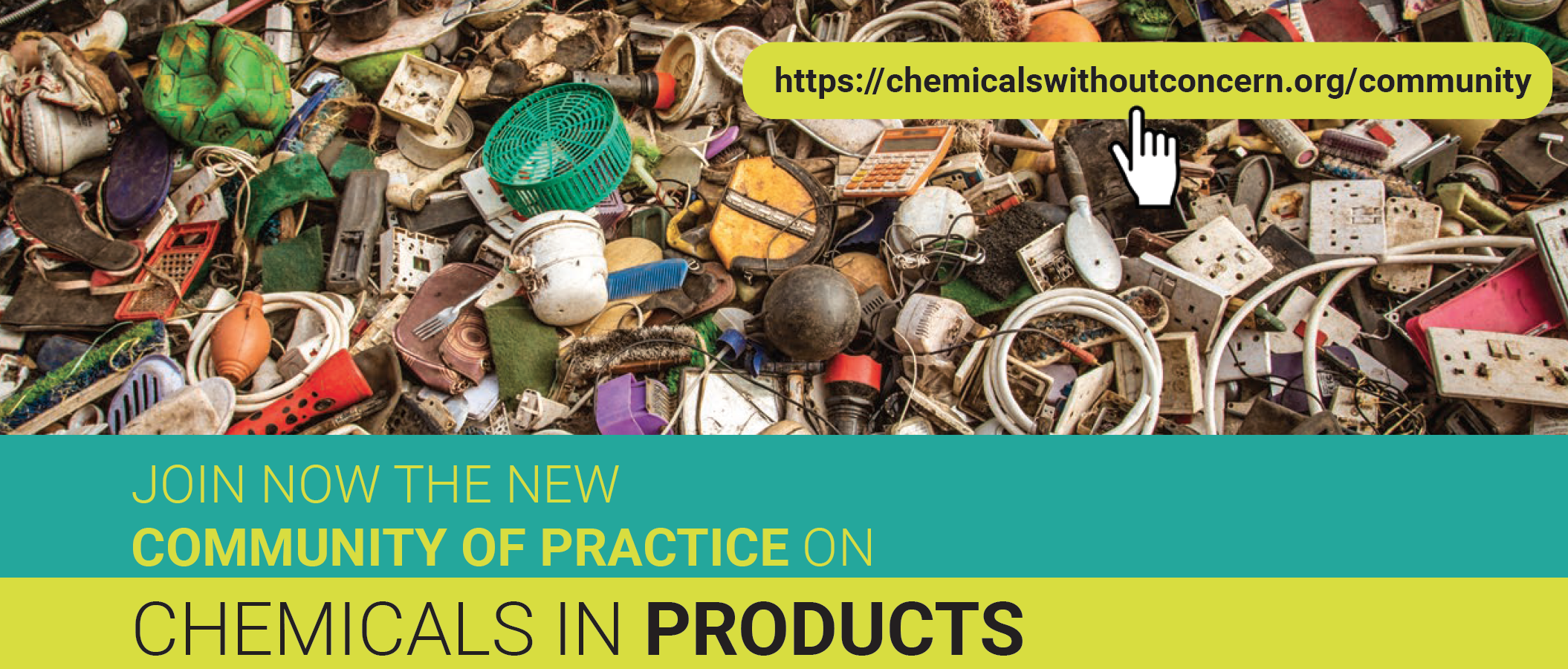Building Global Communities of Practices to Reduce Risks from Chemicals and Waste
10 December 2020 | Story SUPPLIED.
Using online platforms, the Division of Environmental Health is developing globally active online peer-to-peer learning, stakeholder engagement and collective problem-solving in the complex environment of ensuring the sound management of chemicals and waste to protect the health of marginalized women, children and workers.
The Division of Environmental Health in the School of Public Health and Family Medicine and headed up by Professor Hanna-Andrea Rother has been leading in fostering knowledge management through establishing Communities of Practices (CoPs) to promote local and global action, knowledge and resource sharing to reduce health and environmental risks linked to the uses of and exposures to pesticides, chemicals and waste since 1997. With the global chemical industry projected to double by 2030, marginalised populations, and especially women, children and workers, are at a high risk of exposures to hazardous chemicals resulting in health effects such as asthma, skin conditions, cancers, behavioural disorders and neurological diseases. Chemicals are extensively used and found almost everywhere and have been shown to cause multiple health effects. Examples include, pesticides, flame retardants, in plastics, in cosmetics, tattoo inks, lead, mercury, and in construction materials.
Professor Rother started UCT’s Pesticide Network in 1997, unfunded, with only South African members who attended national workshops on pesticide policy reform. Since 2010, with funding from the Swedish International Development Cooperation Agency (SIDA), arranged by the Swedish Chemicals Agency (KemI), this pesticide CoP has expanded to include 100’s of stakeholders from most regions of the world. The renewed KemI funding in 2020, and building on the success of the Pesticide Network, has seen the addition of a Chemicals Network with the first online discussions held in September 2020.
In 2020, based on Professor Rother’s pesticide and chemical research and capacity building reputation, the Division of Environmental Health spearheaded four new CoPs. These were developed in collaboration with the United Nations Environment Program’s Strategic Approach for International Chemicals Management (SAICM) secretariat funded by the Global Environment Facility (GEF) under a SAICM knowledge management project. These CoPs are focused on: Highly Hazardous Pesticides (HHPs), Lead in Paint (LiP), Chemicals in Products (CiPs) and Chemicals and the Sustainable Development Goals (SDGs). With the main international overarching global chemicals framework coming to an end in 2020, these CoPs are critical for informing and contributing to the current efforts to develop a new framework for chemicals and waste management beyond 2020 given that many countries lack chemical legislation. With COVID-19 preventing two planned international meetings from taking place to develop this framework, these CoPs have played a vital role in allowing stakeholders from governments, non-governmental organizations, academia, industry and inter-governmental organizations to engage in discussing important issues underpinning these negotiations.
In 2020, based on Professor Rother’s pesticide and chemical research and capacity building reputation, the Division of Environmental Health spearheaded four new CoPs.
The Lead in Paint CoP is working with the Global Alliance to Eliminate Lead Paint to support all countries to introduce legislation to setting technically achievable low limit total lead paint to not exceed 90 ppm. Globally, millions of women, children, farm workers and small-scale farmers are exposed to Highly Hazardous Pesticides. This CoP is supporting global efforts for countries to identify and remove these pesticides responsible for long and short-term health effects, as well as accidental deaths and suicides. Many of the 17 SDGs will not be achieved unless the health and environmental risks linked to chemicals and waste, as well as gender and climate change, are addressed which is the goal of the Chemicals and the Sustainable Development Goals (SDGs). Chemicals are found in such a broad range of products from construction, personal hygiene, medical, toys, home furnishings which are complex to control to prevent health and environmental risk which the Chemicals in Products CoP is focusing on.
The pesticide CoP started as an hour and a half chat discussion in Vula to address the internet and bandwidth challenges, particularly African members have had. Whereas the UCT/SAICM CoPs creatively engage with members in the MS Teams chat room while integrating short verbal introductions to the questions to be discussed by global experts.
The Lead in Paint CoP is working with the Global Alliance to Eliminate Lead Paint to support all countries to introduce legislation to setting technically achievable low limit total lead paint to not exceed 90 ppm.
The Division’s six CoPs have also provided an opportunity for several master students from across UCT, but predominately in the Master of Public Health (MPH) programme, as research assistants to engage in global capacity building initiatives, develop analytical and summarizing skills, as well as having the opportunity to engage with pesticide, chemical and environmental health experts from the Global North and South. To enhance the engaged learning environment and practical implementation of course work, the online students in the Division’s post graduate diploma in Pesticide Risk Management also actively participate in the CoPs. Students have actively and enthusiastically engaged in the CoPs often highlighting the benefits of engaging with global experts on chemicals related issues that lasts beyond their time as a student.
For further information or to join the four UCT/SAICM CoPs go to: www.chemicalswithoutconcern.org. and for the Pesticide Network, go to: pestlistserver@gmail.com and the Chemicals Network at: chemicallistserver@gmail.com.

 This work is licensed under a Creative Commons Attribution-NoDerivatives 4.0 International License.
This work is licensed under a Creative Commons Attribution-NoDerivatives 4.0 International License.
Please view the republishing articles page for more information.










